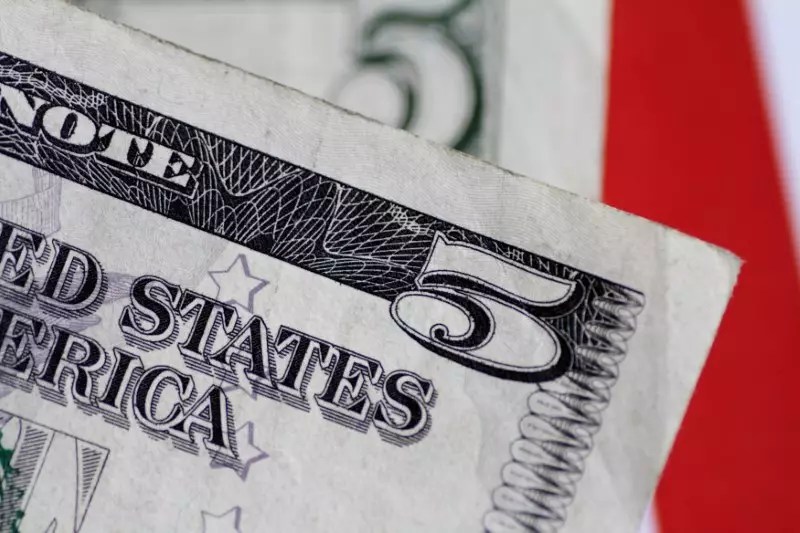The U.S. dollar experienced a decline prior to the conclusion of the most recent Federal Reserve rate-setting meeting. The Dollar Index, which monitors the greenback against a basket of other currencies, dropped by 0.3% to 103.992. The outcome of the Fed’s two-day policy-setting meeting is highly anticipated, with expectations that interest rates will remain unchanged. However, traders are speculating on a potential rate cut in the near future, based on signals from Fed Chair Jerome Powell. This sentiment has contributed to the weakening of the dollar in the forex market.
Bank of England Meeting and GBP/USD Movement
Meanwhile, in Europe, the GBP/USD pair experienced a slight decrease to 1.2826 ahead of the Bank of England meeting. There is uncertainty regarding whether the Bank will maintain its current stance on interest rates or opt for a rate cut. UBS predicts a 25 basis-point cut, citing recent economic data as a key factor influencing this decision. Factors such as inflation trends and wage growth have influenced the speculation surrounding the Bank of England’s upcoming decision.
On the other hand, the EUR/USD pair saw a 0.1% increase to 1.0823 following positive economic indicators from the eurozone. Data revealed that the region’s economy grew by 0.3% in the second quarter of the year, surpassing expectations. Additionally, consumer prices in the eurozone rose higher than anticipated, with the ‘core’ figure also showing an increase. These positive figures have implications for the European Central Bank’s monetary policy decisions and could potentially impact the EUR/USD exchange rate.
In Asia, the USD/JPY pair experienced a significant decline of 1.4% to 150.66 after the Bank of Japan announced a tightening of its monetary policy. The decision to raise the benchmark short-term rate by 15 basis points to around 0.25% exceeded market expectations and led to a surge in the Japanese yen. This development has raised concerns about the impact of the BOJ’s policy changes on the currency market and its effect on global trade dynamics.
Overall, central bank decisions play a crucial role in shaping currency market trends and investor sentiment. Exchange rates are highly sensitive to signals from major central banks, which can impact trading strategies and market volatility. As economic data and geopolitical factors continue to influence central bank policies, it is essential for traders to closely monitor and analyze these developments to make informed decisions in the forex market.


Leave a Reply